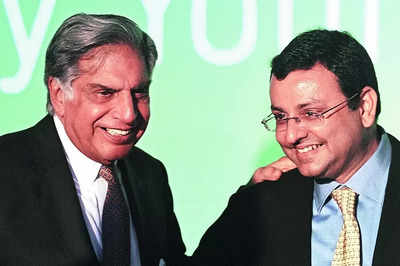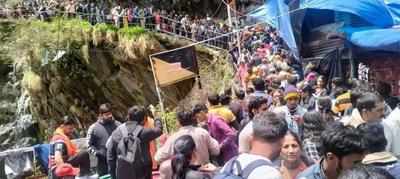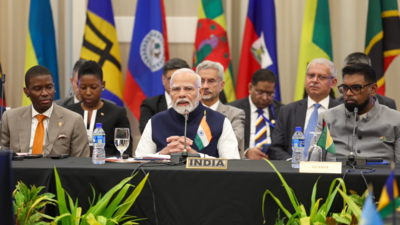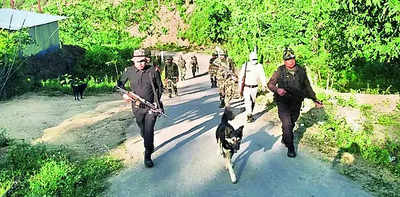When Ratan Tata was appointed as the successor of JRD Tata at Tata Sons in 1991, he had the full backing of Pallonji Mistry , a key director and one of the largest shareholders of the company. The Mistry family's connection with the Tatas dated back to 1936, when they first bought a stake in Tata Sons, marking the beginning of what would become an 80-year-old alliance between the two families. Top Picks For You Startups looked up to him as mentor, not just as investor Visionary who led Tatas' revenue from $4bn to $100bn by entering businesses, building brand Pallonji and Tata had a cordial relationship, with the former supporting the latter's vision to streamline the empire, tighten financial controls, and diminish the influence of independent power-brokers within the Tata Group's divisions.
Pallonji never sought to interfere with Tata's decisions or covet power for himself. Pallonji, the patriarch of the Shapoorji Pallonji Group , held a pivotal position in Tata Sons, bolstered by his family's nearly 18% stake in the holding company - more than Tata Trusts itself. Tata Trusts, hamstrung by its charitable status, had no direct voting rights at the time, and its actions were overseen by the charity commissioner.
In 2000, Ratan Tata successfully lobbied govt to amend this, allowing the Trusts' boards full voting control, a crucial moment that regained Tata Trusts' influence over Tata Sons and the broader group. Pallonji backed Tata's moves, including a decisive rights issue in .

















